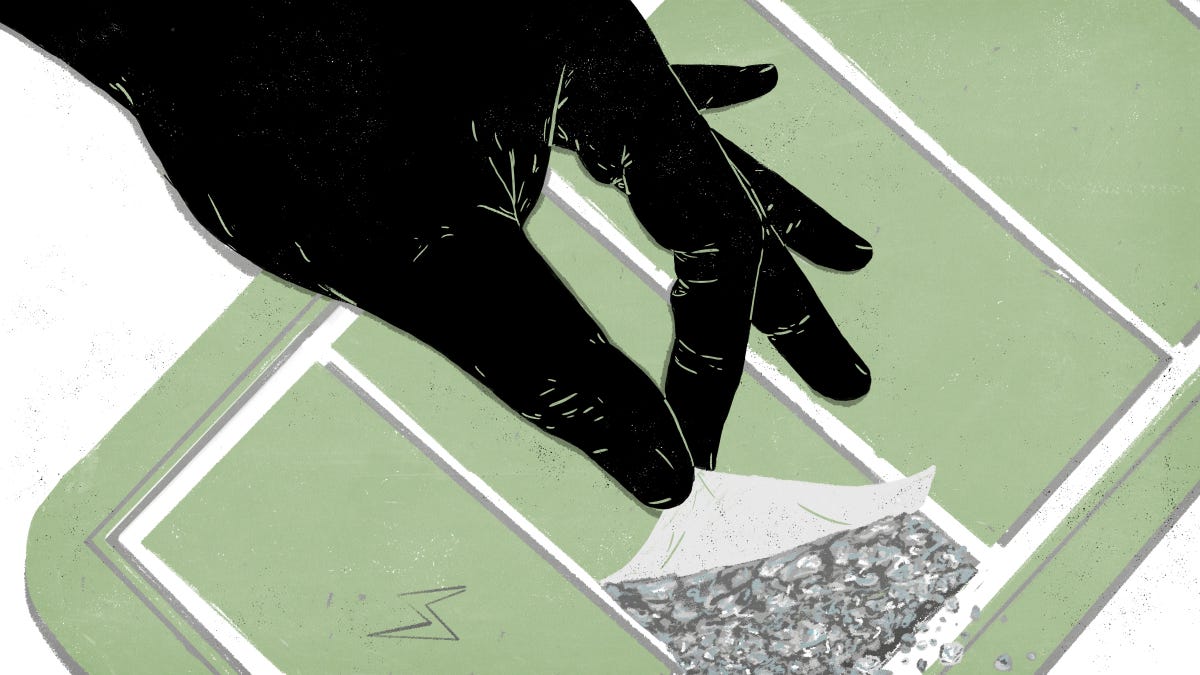haardaarss
Registered
Christ there's a few here who seem to be showing the effects of head trauma. Global control conspiracies? FFS! For once I'd urge you follow Keir's advice and "get a grip!"
haha what a load of absolute nonsense, I have an EV and getting a home charging kit fitted and part paid for via the government through an OLEV grant took less than a week, the tesla super charger network alone is sheer genius and I actually pity folks in their legacy fossil fuel carsI fail to see how the government, having banned new ICE vehicles will allow old ones to stay on the road, it may take a few years but they will be gone.
I think the technology of electric vehicles is pretty well understood, the improvements are expected but the capability of the industry will not begin to cope with demand. That is before you even begin to generate the power needed, build the grid to distribute it and the charging points for the cars.
You will be very lucky indeed to run a private motor car, wealthy or 'important' too. The 21st century version of Zil Lanes.
The people that you pity, is that the same 'folk' who pay their taxes on their legacy cars that provides the government with the funds to subsidise your personal transport, those folk?
At some point building and using electric vehicles will have to paid for at something close to their real cost. That is when it will really hit.
Stop being a Luddite and actually do some research on thisThe people that you pity, is that the same 'folk' who pay their taxes on their legacy cars that provides the government with the funds to subsidise your personal transport, those folk?
At some point building and using electric vehicles will have to paid for at something close to their real cost. That is when it will really hit.
Can you rewrite this, because it makes no senseI have Barrowfox, that's the problem.
The technology is really not the issue, it is the cost and, particularly, the sheer scale of the problem.
I hope I am wrong but I see personal vehicles being the preserve of the very wealthy. Running costs being the real killer in time.
Your right, but currently if costs 2.4p per mile for an ev vs 14.4per mile for a petrol engine, so even if the tax were the same as fuel, ev charging would still be cheaper.The tax take from petrol and diesel will need to be replaced. You’ll either have to accept pay per mile or electricity will have to be taxed at a higher rate. People in terraced houses or flats are going to struggle to charge their vehicle.
Yes but think how smug you can feel not polluting the atmosphere. Anyone know the comparison in terms of manufacture of electric and ICE cars, particularly the battery and disposal?Because an efficient petrol or diesel can achieve 10p per mile. That includes 65% taxation if you add that to an electric vehicles cost per mile the difference isn’t that great. At the moment battery life is nowhere near the life of a combustion engine so if you add in the cost of a new battery half way through the vehicles life it’s a fine line.
Major problem with charging points in the UK, they don't use a standard connection. Brother In Law has three different charging leads in his car, none of which suited the points at the end of our road. Yet people vote for parties that promise to cut red tape.the shift away from car ownership has been happening for years. its cheaper to call an uber when required. a very quick google showed from 2007 to 2017 a 30% drop in teenagers taking their test. that's huge.
why will houses need two charging points? as pointed out, most journeys are short - a once a week charge will suffice for many many people. an EV is not like your phone, where it needs charging every day.
but knowing the speed the car manufacturers can adapt, to think that all new cars will be electric by 2030 is hugely challenging.
This from The Economist, the figures don't add up to me.The people that you pity, is that the same 'folk' who pay their taxes on their legacy cars that provides the government with the funds to subsidise your personal transport, those folk?
At some point building and using electric vehicles will have to paid for at something close to their real cost. That is when it will really hit.
So I found some data from 2017This from The Economist, the figures don't add up to me.
Motoring taxes raise nearly £40bn ($49bn) a year, or about 5% of Britain’s total tax revenue. Nearly 70% of that comes from duty on fuel, levied partly to deter consumers from using too much of the stuff. Yet as drivers take the hint and switch to electric and hybrid vehicles, the government faces a problem in the form of falling tax revenues. Economists are therefore rethinking how to tax motoring in a low-emissions future.
On October 8th the Institute for Fiscal Studies (ifs), a think-tank, warned that over £33bn could all but disappear as cars become more fuel-efficient or go electric. Revenue from fuel duty has already dropped from 2.2% of gdp in 2000 to 1.3% today
Barrow, Are you talking Lithium? Some bad news, and some hope.Materials for batteries are not that scarce and are not running out, so don't worry. Also don't worry about having to change the battery, there is a early tesla now with 400k miles on the clock.

 earther.gizmodo.com
earther.gizmodo.com
Both lithium and cobalt are recyclable so that helps.Barrow, Are you talking Lithium? Some bad news, and some hope.

The Dirty Truth About Green Batteries
If we’re going to avoid the worst consequences of climate change, we’ll need an energy revolution. Specifically, we need to replace our dirty, fossil fuel-based grids and dirty, fossil fuel-powered vehicles with clean, carbon-free grids, and electric vehicles that charge off them. But there’s a...earther.gizmodo.com

The battery day stuff was a little dry, but the announcements made were pretty decent.Sounds as if the better tech is very close, although the Tesla Battery Day was a letdown.

Future batteries, coming soon: Charge in seconds, last months and power over the air
Energy capture, storage and generation remains a vibrant area of research. Here we examine show of the research breakthrough in future battery techwww.pocket-lint.com
Have the National Grid mentioned that they don't have the capacity to transmit the amount of power required? Generating it is one thing, getting it to where it's needed is another matter all together. Expect lots more power cables over your houses
A standard UK supply will charge an ev in 8 hours overnight, I don't know about you but I tend to eat my tea before bed.If we have a million cars being used with engines that produce at least 100 BHP each that means we need to generates 75 million extra Kw of energy. Your house will not be able to get sufficient power through it's consumer unit to charge two cars and then use all the electrical equipment at the same time.
This can be managed of course but you may have to choose between cooking your tea and going to work the following day
